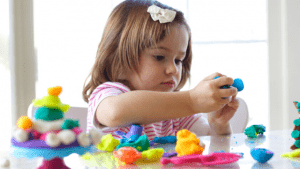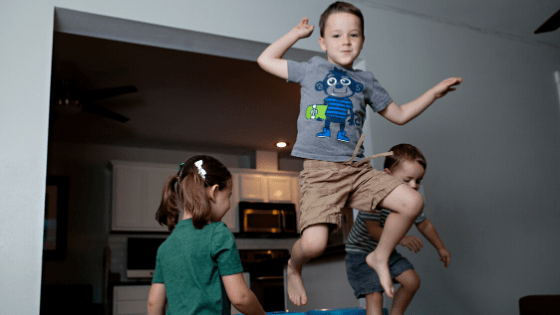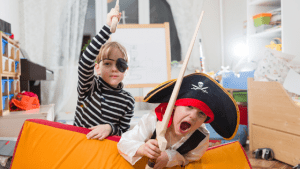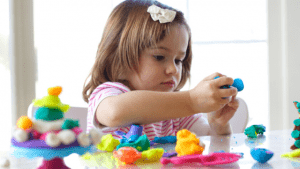Messy Play
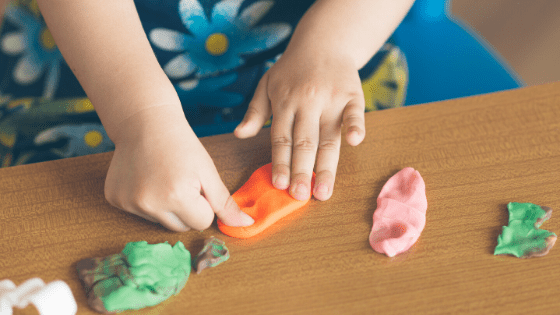
Messy play can help your child to learn about the world, it can have a soothing effect, and it is great fun. In this article, we’ll show you how to set up messy play without it getting out of control.

Emotional regulation. Sometimes our feelings can get a little tricky. Mostly, we can experience an emotion and get on with our life. But sometimes, an emotion can be so strong that we feel overwhelmed. This is the sense of a…

